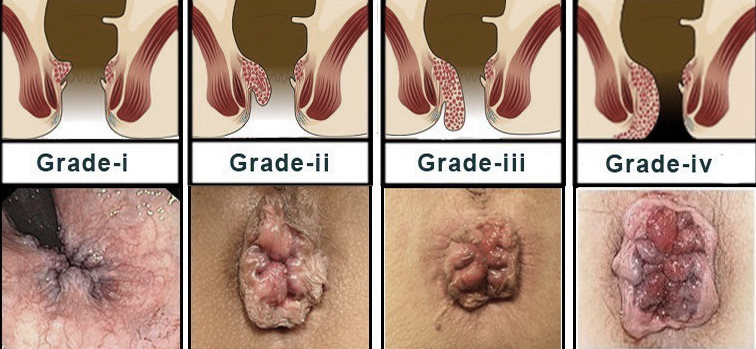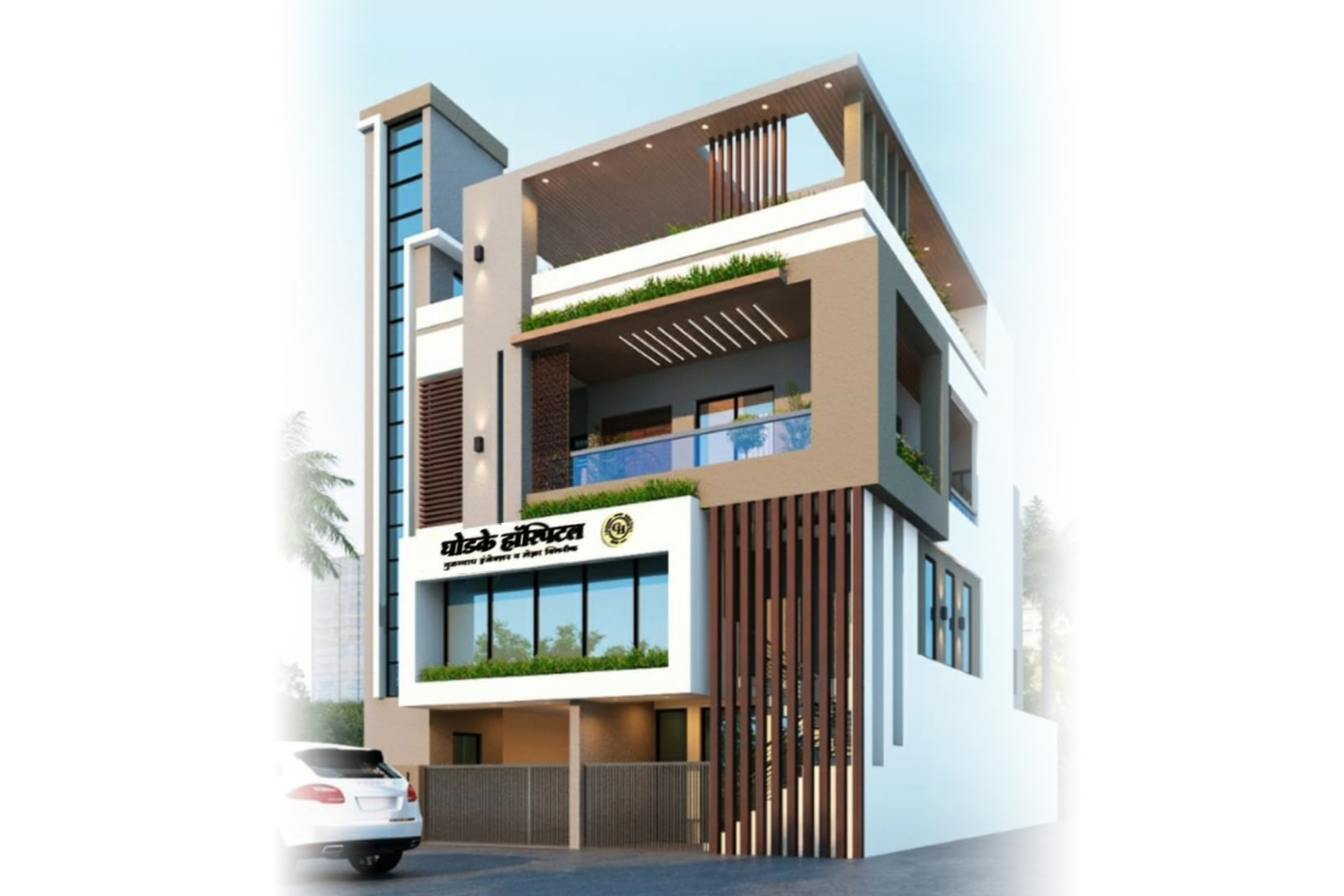Piles or Hemorrhoids
Piles or Hemorrhoids
Overview:
Piles is another term for hemorrhoids. They are swollen veins in the lower anus and rectum and can cause lumps in and around the anus. Swollen and inflamed veins in the rectum and anus that cause discomfort and bleeding. There are certain conditions which predispose to the formation of piles. These are:
- Excessive straining while passing stools e.g. chronic constipation, low fibre diet, poor bowel habits
- Increased backward pressure on pelvic blood vessels e.g. Pregnancy, Pelvic Tumors
At Ghodke Piles Clinic, we take pride in being called the best Piles Treatment Hospital in Beed and Maharashtra. Over the past decade, we have gained experience by treating over 100,000 patients. Our team of best piles doctors in Beed offers Medicinal and surgical treatment for piles cases of all four stages of piles. For the best Piles treatment in Beed, contact us today!
How to diagnose Piles?
Your doctor might be able to see external piles/hemorrhoids. Diagnosing internal piles/hemorrhoids might include an examination of your anal canal and rectum.
- Digital examination. Your doctor inserts a gloved, lubricated finger into your rectum. He or she feels for anything unusual, such as growths.
- Visual inspection. Because internal piles/hemorrhoids are often too soft to be felt during a rectal exam, your doctor might examine the lower portion of your colon and rectum with an anoscope, proctoscope or sigmoidoscope.
Depending on your risk factors for gastrointestinal disease, your doctor may order an additional test like an anoscopy, sigmoidoscopy, or colonoscopy.
An anoscopy examines the inside of your anus, a sigmoidoscopy examines the last 2 feet of your colon, and a colonoscopy explores the entire colon.
In these tests, a small fiber-optic camera fits into a small tube that’s inserted into your rectum. With this test, your doctor gets a clear view of the inside of your rectum so they can examine piles/hemorrhoids up close.
Internal piles are further classified into grades:

- Grade I – Piles do not protrusion from anus.
- Grade II – Protrusion through the anus during straining and defecation, but return spontaneously.
- Grade III – Protrude through the anus with defecation or straining, but manually reduced.
- Grade IV – Protrude and cannot be manually reduced.
What are the symptoms of piles/hemorrhoids?
Symptoms depend on the type of piles you have.
In most cases, the symptoms of piles are not serious and resolve on their own.
An individual with piles may experience the following symptoms:
- Painful lumps in and around the anus
- Itching and discomfort around the anus
- Discomfort during and after passing stools
- Bloody stools
Piles can escalate into a more severe condition. These include:
- Excessive anal bleeding, possibly leading to anemia
- Infection
- Fecal incontinence
- Anal fistula
- Strangulated hemorrhoid, in which anal muscles cut off blood supply to the hemorrhoid
However, many people with piles may not experience any symptoms.
What are the causes of piles?
Usually, the cause of the piles lies in the excessive pressure on blood vessels that are located inside and around the anus. Piles generally occur those people who are suffering from long-term constipation. piles can develop from increased pressure in the lower rectum due to:
- Straining during bowel movements
- Sitting for long periods of time on the toilet
- Having chronic diarrhea or constipation
- Being obese
- Being pregnant
- Having anal intercourse
- Eating a low-fiber diet
- Regular heavy lifting
What are the complications or risks due to piles?
- It can lead to anemia
- Painful bowel movements
- Pain in the anal area after the bowel movement
- Infection may develop as the painful anal area can lead to poor hygiene
- If blood supply to an internal piles/hemorrhoid is absent then it can cause gangrene
Piles Treatment
When the home remedies are unable to get you rid of Piles, you must consult the Ghodke Piles Hospital in Beed. There are numerous treatments available for hemorrhoids. With the technological advances in the treatment of Piles, there is not much hassle involved in the procedure. The most advanced laser-based techniques to cure piles is quite successful against traditional surgery or home remedies. If you are also troubled with the recurring condition of Piles, then we recommend you consult with the best piles doctor in need for advanced surgical treatment instead of open surgery. Leveraging a technologically advanced procedure, treatment of hemorrhoids or piles can be done with laser. If you are facing symptoms of piles, it is necessary to consult the nearest piles doctor for treatment.
Types of piles treatment:
- Non-surgical treatment – Medications, lifestyle changes, and dietary changes.
- Surgical Treatment – Open surgery, Laser Piles Surgery, Cauterization, Rubber-band Ligation, and Stapled Hemorrhoidectomy
Care at Ghodke Piles Hospital

CALL US ANYTIME
02442-222220
VISIT US
Ghodke Hospital, Behind Shantai Hotel, Jalna Road Beed – 431122
BOOK AN APPOINTMENT
Click here to book an appointment at Medicare.
Ghodke Piles Hospital
New Address: Ghodke Hospital, Behind shantai Hotel, Jalna Road , Beed, Maharashtra – 431122
084593-13196
02442-222220
Call us now if you are in a medical emergency need, we will reply swiftly and provide you with a medical aid.




